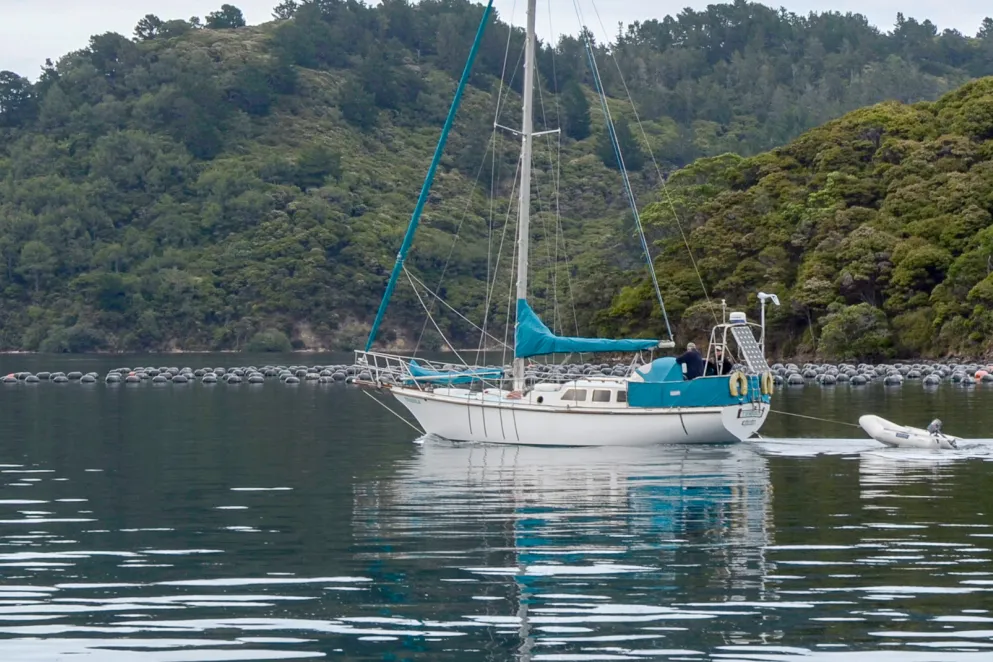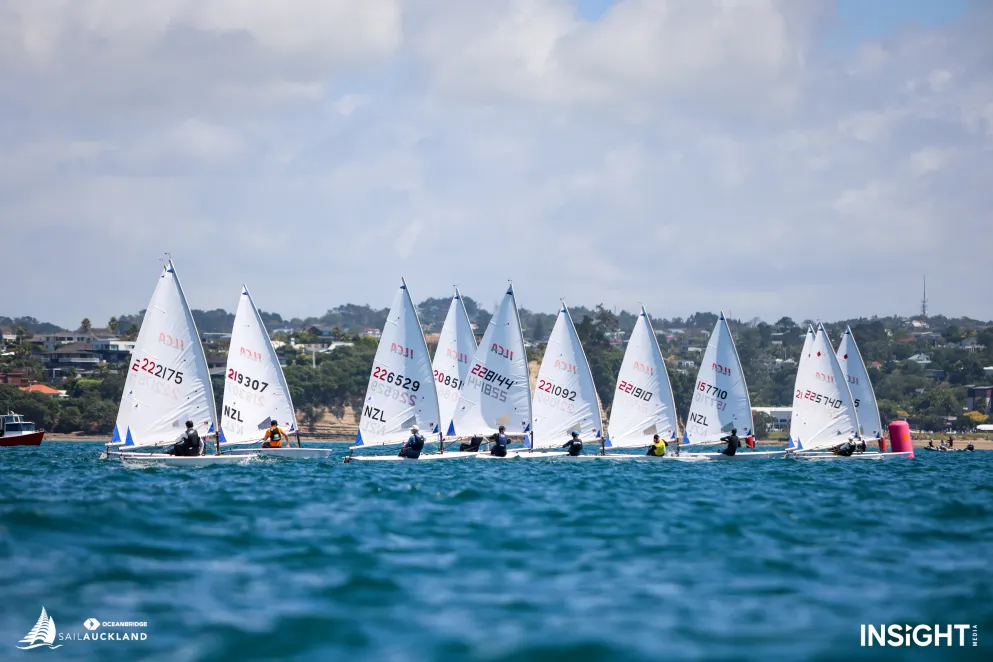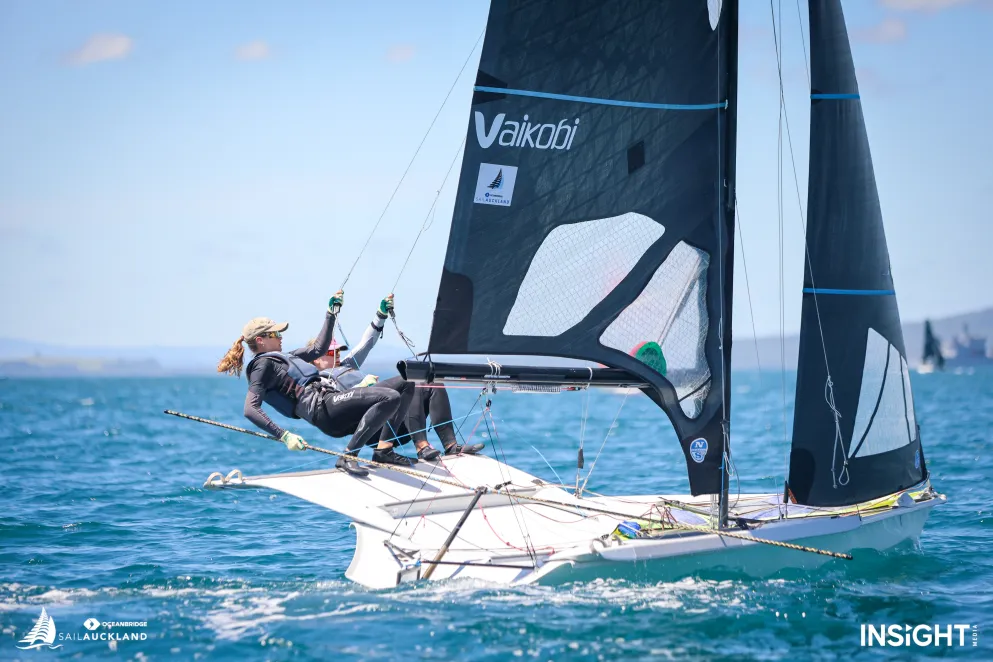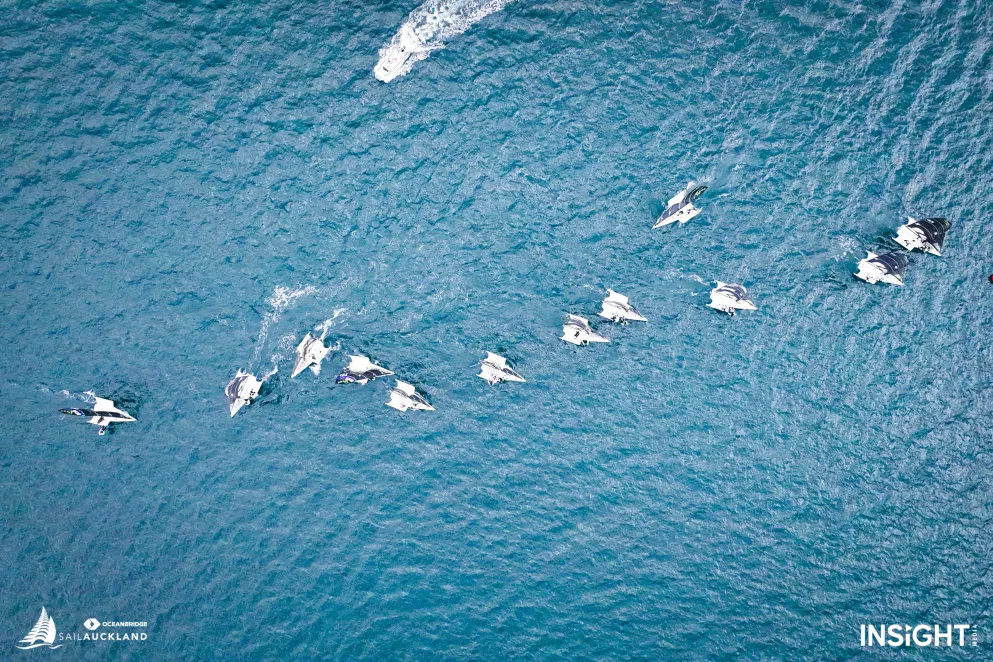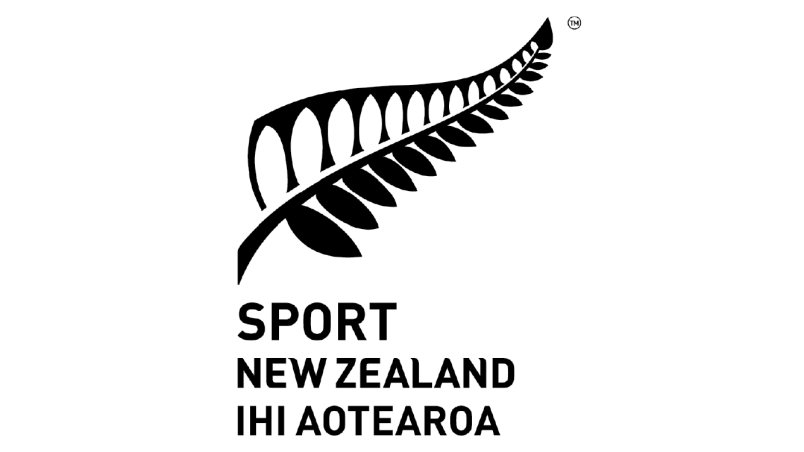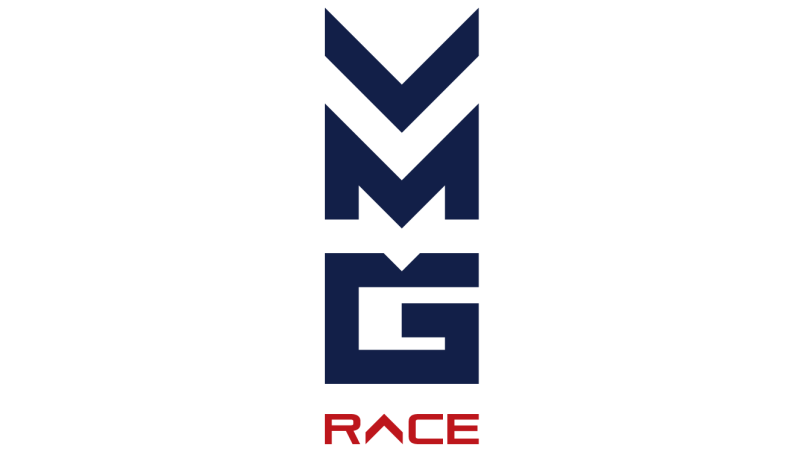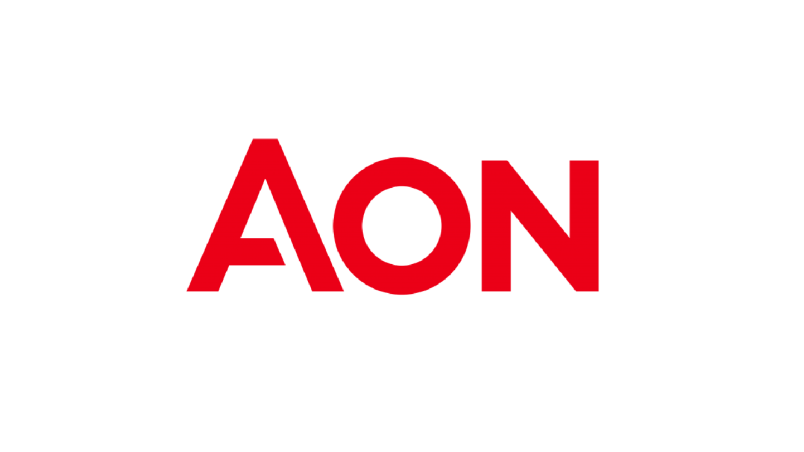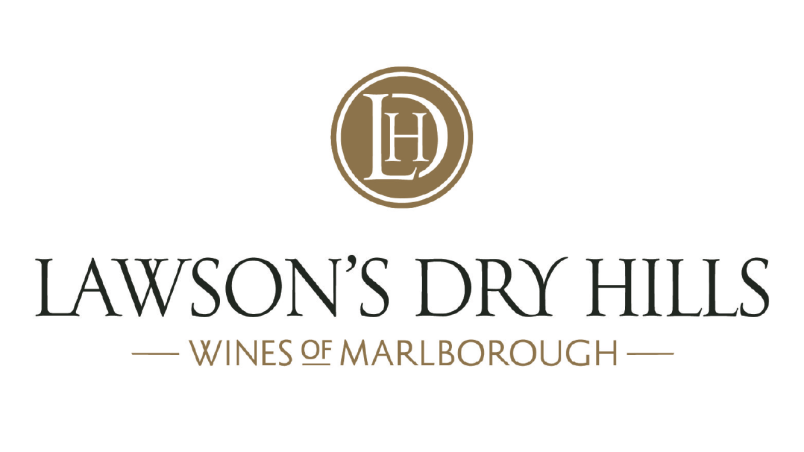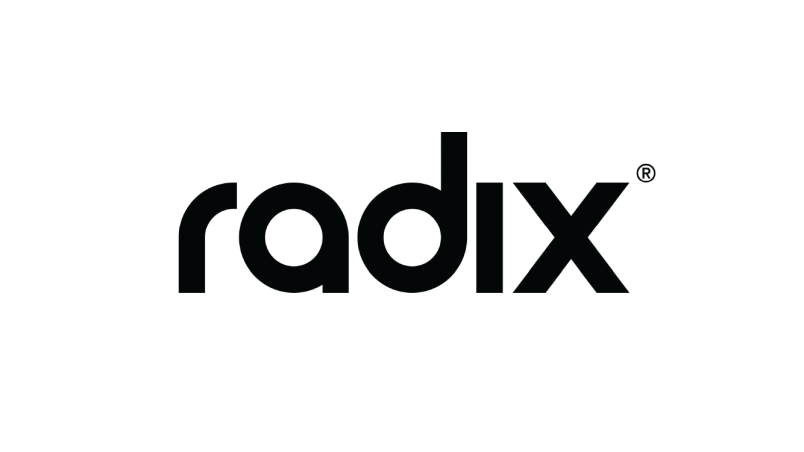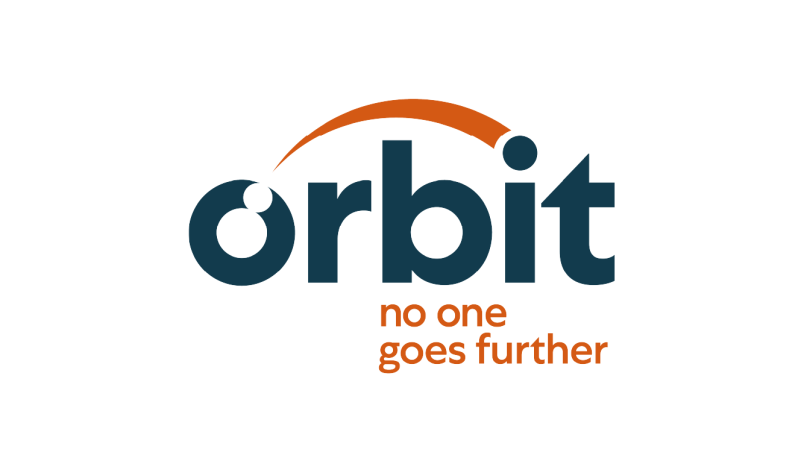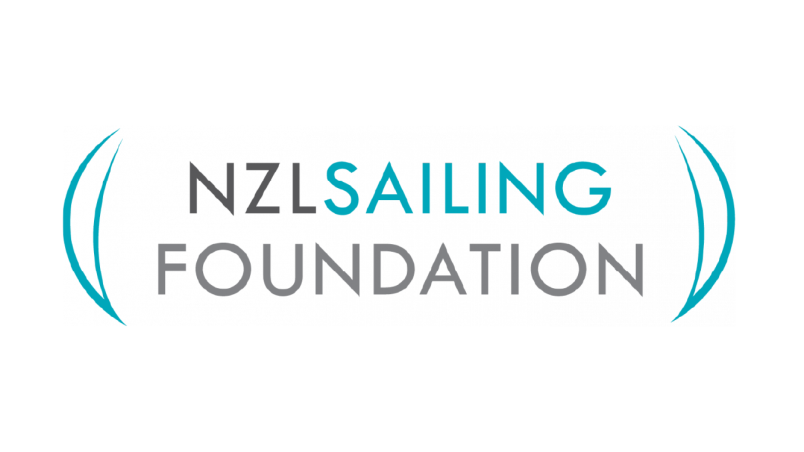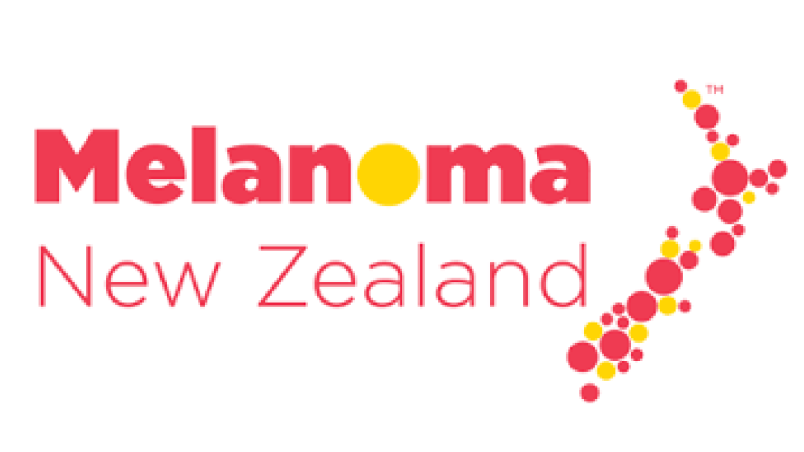YNZ the only national voice on advocacy issues
Yachting New Zealand have been fighting at the advocacy table on behalf of yachties and boaties for many years and we know there are plenty of battles ahead.
That's why we'd like to hear from you if there's something of national significance to you and your club.
Yachting New Zealand is the only national voice for yachties and boaties when it comes to advocating on important issues and we have the weight of 30,000 people behind us when it comes to lobbying central legislative bodies to protect members' interests.
We focus on issues such as protecting our cruising, sailing and fishing waters from marine farming, having significant and safe anchorages protected, ensuring sewage discharges from boats and in-water cleaning rules are reasonable and realistic, supporting lifejacket legislation plus other environmental, resource management, navigation safety and health and safety issues.
At times, we work together and support clubs or regional associations, like we did when we joined forces with the Auckland Yacht and Boating Association and Northland Yachting Association over Plan Change 4.
What happens if we aren't at the table?
These cases are often expensive and time consuming but are important, particularly to clubs and those who cruise either under power or sail, and decisions made in one region can have implications for yachties and boaties other areas.
"Legislative bodies listen to us because we have a reputation for being balanced and considered at the negotiating table," Yachting New Zealand chief executive David Abercrombie said. "We don't have a lot of money to invest in advocacy so when we do take a stand, we do it for important reasons.
"We want to know if there are any issues that could have an impact on the wider yachting and boating communities that we can help with. Advocacy is much wider than just environmental issues."
The highest profile result of our advocacy work has been with Plan Change 4, which was a proposed change to the Northland Regional Council's policy governing the establishment and management of aquaculture in Northland.
This resulted in a positive outcome and meant yachties and boaties would continue to have safe access to popular anchorages, harbour entrances, bays of refuge and navigational routes free from the establishment of new aquaculture.
It is a long game, and patience is required.
In 2016, Yachting New Zealand made submissions on the Marlborough Environmental Plan, which are only just going into the appeals on submissions phase now.
In 2018, submissions were made over proposed changes to the new Northland regional plan. Some of the work is a continuation of Plan Change 4 and protecting cruising anchorages. Other ares of interest for boaties include water cleaning restrictions, marine sewage discharge rules, mooring use and more.
Clubs should contact their regional support officer or Yachting New Zealand national sport development director Raynor Haagh for any advice around advocacy.
"Yachting New Zealand is a well-connected, well-regarded, consistent and proactive voice for clubs and boaties," Abercrombie said. "Without everyone being aware and proactive, we risk losing some of the things we take for granted and, once lost, will be gone forever."
